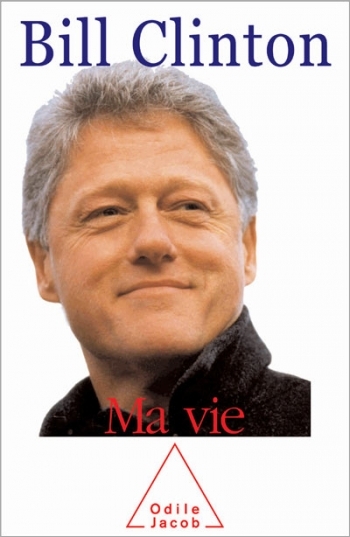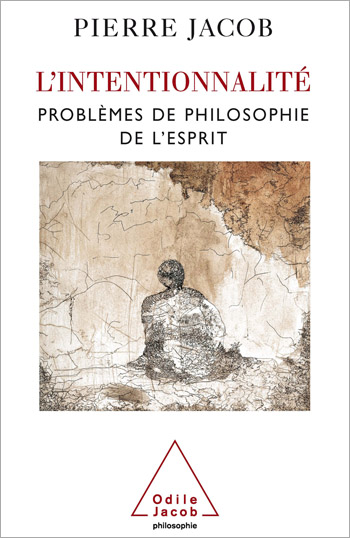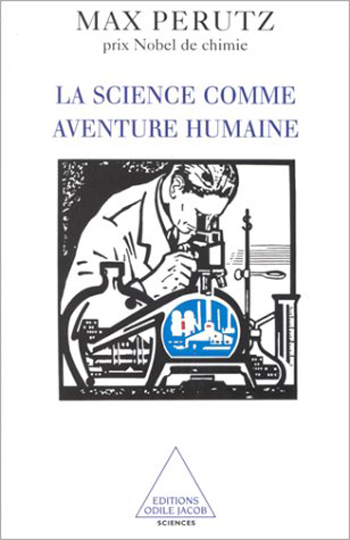Catalog All books
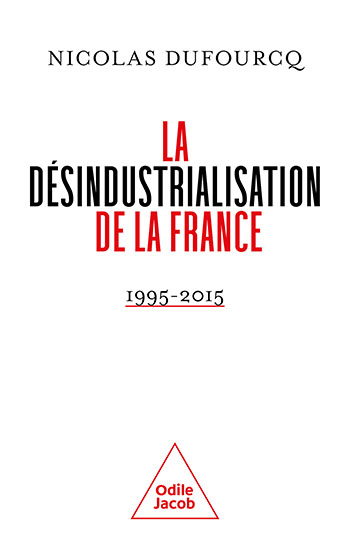
Nicolas Dufourcq
Deindustrialization in France Looking Back on 30 Years
High-profile contributors (including Laurence Boon, Pascal Lamy and Jean-Claude Trichet) provide captivating perspectives (special mention for Alain Madelin!) in a jargon-free style, especially from the entrepreneurs.

Louis-Pascal Jacquemond
Irène Joliot-Curie Biography
A brilliant scientist and a committed feminist whose defence of women and science was unflagging
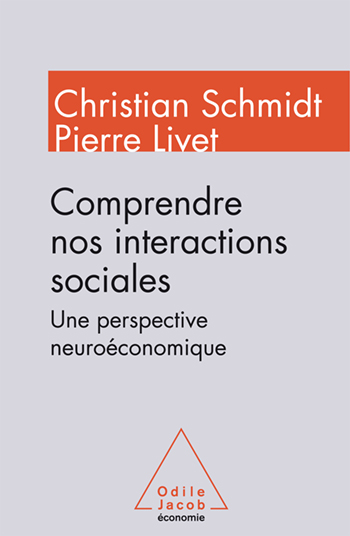
Christian Schmidt
Understanding Our Interactions
A book at the crossroads of economics and philosophy that attempts to understand interaction between individuals, and the consequences this may have on economics and finance.
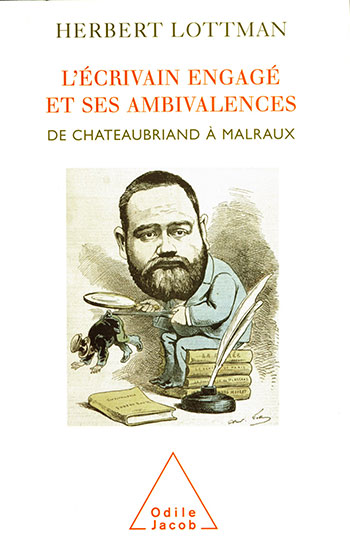
Herbert Lottman
The Committed Writer and his Ambivalences From Chateaubriand to Malraux
By definition, a committed writer is a well-known one who puts the respect and admiration his name has accrued in the service of a cause. But is it really that simple? Is political commitment only a matter of principles? Isnt it also driven by a quest for celebrity? Described here are the stratagems adopted by some of the greatest figures in the French literary pantheon of the nineteenth and twentieth centuries, as they faltered between a quest for purity and the desire for personal glory. Herbert Lottman is a renowned biographer.
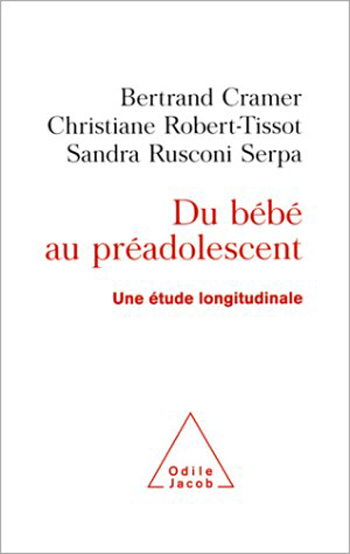
Bertrand Cramer, Christiane Robert-Tissot, Sandra Rusconi Serpa
From Baby to Preadolescent A Longitudinal Study
In 1991, 103 mother-and-infant pairs visited Genevas Guidance Infantile. The infants all displayed functional and behavioural disorders. Ten years later, the same mother-child pairs were re-evaluated by Professor Cramers team, who was thus able to make a number of prospective analyses. What became of the symptoms that the infants had first presented? Did any of the symptoms first displayed indicate a predisposition to other disorders? Can the characteristics that helped them to endure be identified? And what can be said of the role played by cognitive development and parental representations, as well as by protective factors? Professor Bertrand Cramer is a child psychiatrist.
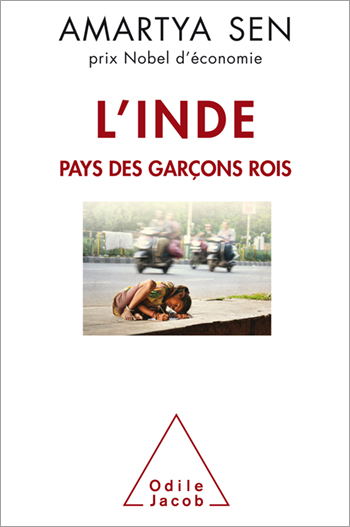
Amartya Sen
The Land Where Boys Are Kings
A universal message taking India as a case study . A message of universality and openness that applies also to Europe in these times of nationalism and the rise of extreme politics.
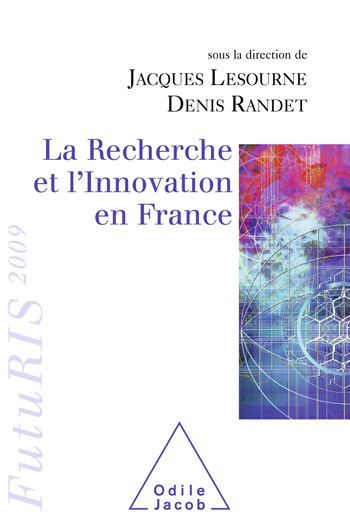
Jacques Lesourne, Denis Randet
Research and Innovation in France FutuRIS 2009
The present work is proposed by FutuRIS (Future, Research, Innovation, Society), a study programme on research and innovation developed within ANRT.

Alain Berthoz
Creative Inhibition To act is also to inhibit
A neglected concept, inhibition holds the key to our individual and social behaviors. A broad bio-sociological panorama for observing human behavior with fresh eyes.
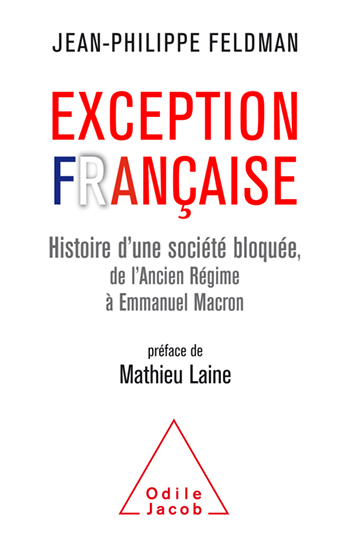
Jean-Philippe Feldman
The French Exception From the Ancien Régime to Emmanuel Macron, the story of a blocked society
Abundant historical documentation used to address a current issue and a very heated polemical debate.

